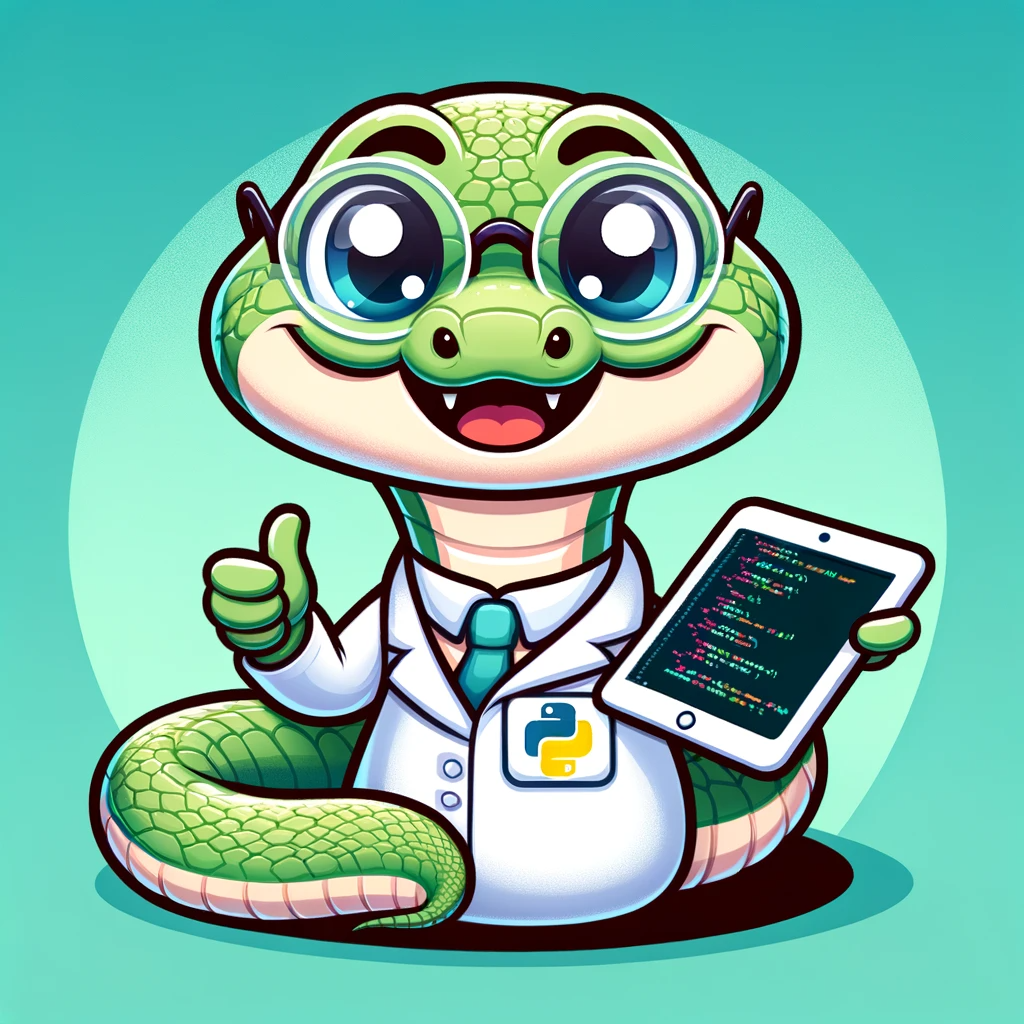Exploring Android Development with Python and Kivy

The world of mobile app development has witnessed a significant transformation in recent years. As more developers seek cross-platform solutions that offer versatility and ease of use, Python with the Kivy framework has emerged as a promising contender. In this blog, we will delve into the exciting realm of Android development using Python and Kivy, offering an overview of its multi-platform capabilities, its advantages, a comparison with existing solutions, insights into the future of Android development with Python, and a thoughtful conclusion.
The Power of Python and Kivy
Python, a dynamic and versatile programming language, has gained immense popularity across various domains, including web development, data science, and automation. It is known for its simplicity and readability, making it an excellent choice for beginners and seasoned developers alike.
Kivy, on the other hand, is an open-source Python framework designed for creating multi-touch applications. It offers a unique advantage—cross-platform compatibility. Kivy allows developers to build applications not only for Android but also for iOS, Windows, Linux, macOS, and Raspberry Pi. This multi-platform support opens doors for developers to target a broader audience and minimize development efforts.
Advantages of Android Development with Python and Kivy
-
Simplicity: Python’s clean syntax and readability reduce the learning curve, making it easier for developers to create Android applications.
-
Cross-Platform Compatibility: Kivy’s multi-platform support allows developers to write code once and deploy it on various operating systems, saving time and effort.
-
Open Source: Both Python and Kivy are open-source, enabling developers to create applications without incurring licensing costs.
-
Rich User Interfaces: Kivy provides tools for creating visually appealing and interactive user interfaces, making it a suitable choice for creating visually engaging Android apps.
-
Community Support: Python and Kivy have active and vibrant communities, offering valuable resources and support for developers.
Comparison with Existing Solutions
Android app development is traditionally associated with Java and Kotlin, which are officially supported by Google. While these languages have their merits, Python and Kivy provide a compelling alternative:
-
Ease of Learning: Python’s simplicity makes it accessible to a broader range of developers, including those who are new to programming.
-
Multi-Platform Development: Kivy’s multi-platform support outshines Java and Kotlin, which are primarily for Android development.
-
Rapid Prototyping: Python’s concise syntax and extensive libraries make it ideal for rapid application development.
-
Open Source Advantage: The open-source nature of Python and Kivy fosters innovation and encourages collaboration.
The Future of Android Development with Python
The future of Android development with Python and Kivy appears promising. The framework continues to evolve, with new features and improvements regularly added. The rise of cross-platform app development tools aligns with the industry’s growing demand for efficient and versatile solutions.
Additionally, Google has expressed interest in enhancing Python’s presence in the Android development landscape. This interest is exemplified by projects like BeeWare, which seeks to bring Python to Android app development. As these initiatives gain momentum, Python’s role in Android development is expected to expand.
The ongoing growth of the Python community and the popularity of Kivy further solidify Python’s future in Android app development. With its open-source nature, Python remains flexible and adaptable to meet the evolving needs of developers and users.
Conclusion
Android development with Python and Kivy presents a compelling alternative to traditional Java and Kotlin programming. Python’s simplicity, coupled with Kivy’s multi-platform capabilities, offers developers a versatile toolkit for creating cross-platform Android applications. The advantages of Python and Kivy extend to rapid prototyping, rich user interfaces, and a strong community of supporters.
As the demand for cross-platform solutions and the interest of major players like Google in Python continue to grow, the future of Android development with Python appears bright. With its multi-platform support, Python’s role in app development is likely to expand, making it an exciting choice for developers looking to create versatile and engaging Android applications.
In a rapidly evolving technological landscape, Android development with Python and Kivy empowers developers to think creatively, build robust applications, and reach a diverse audience across various platforms. Whether you’re a beginner exploring app development or an experienced developer seeking efficiency, Python and Kivy offer an exciting journey into the world of Android development.
In the upcoming blogs, we’ll take a journey into the exciting world of Android development with Kivy, and we’ll dive even deeper into this amazing adventure. So, get ready for some fun and learning! 🐍🌟